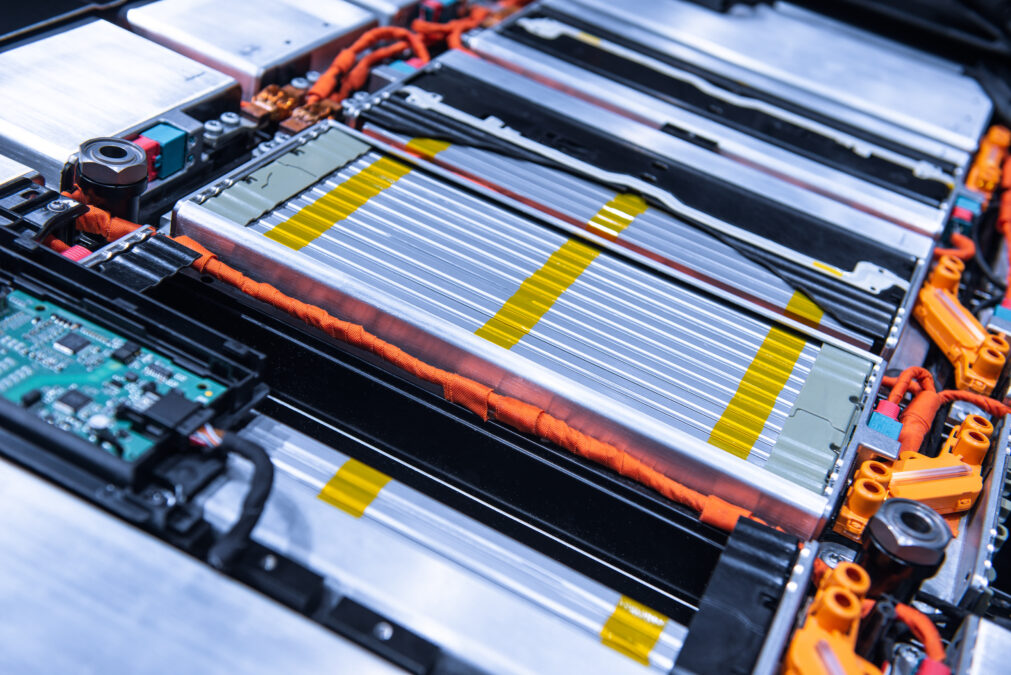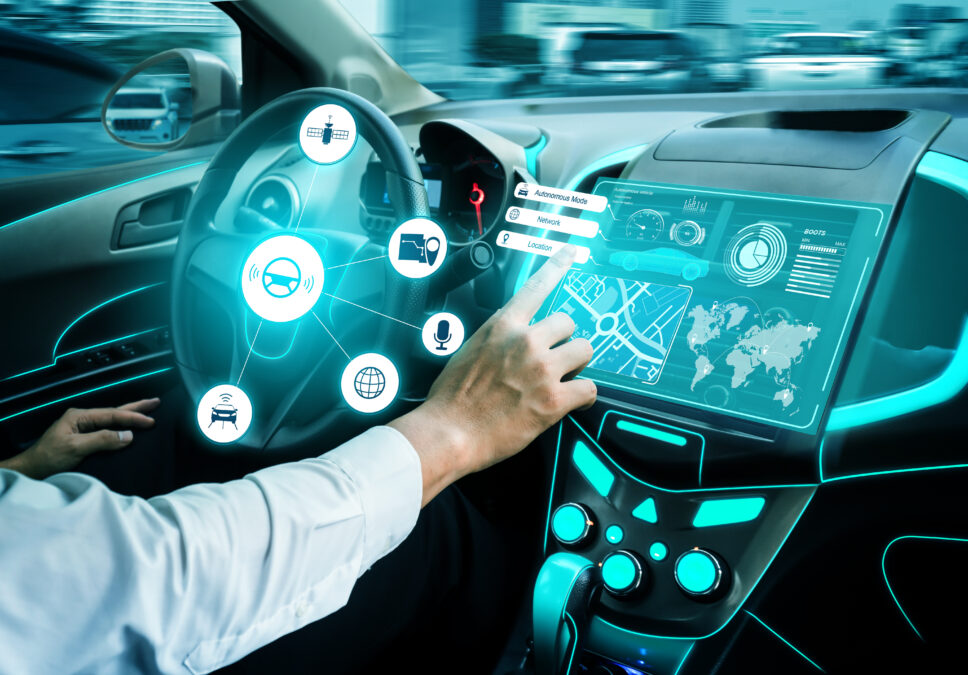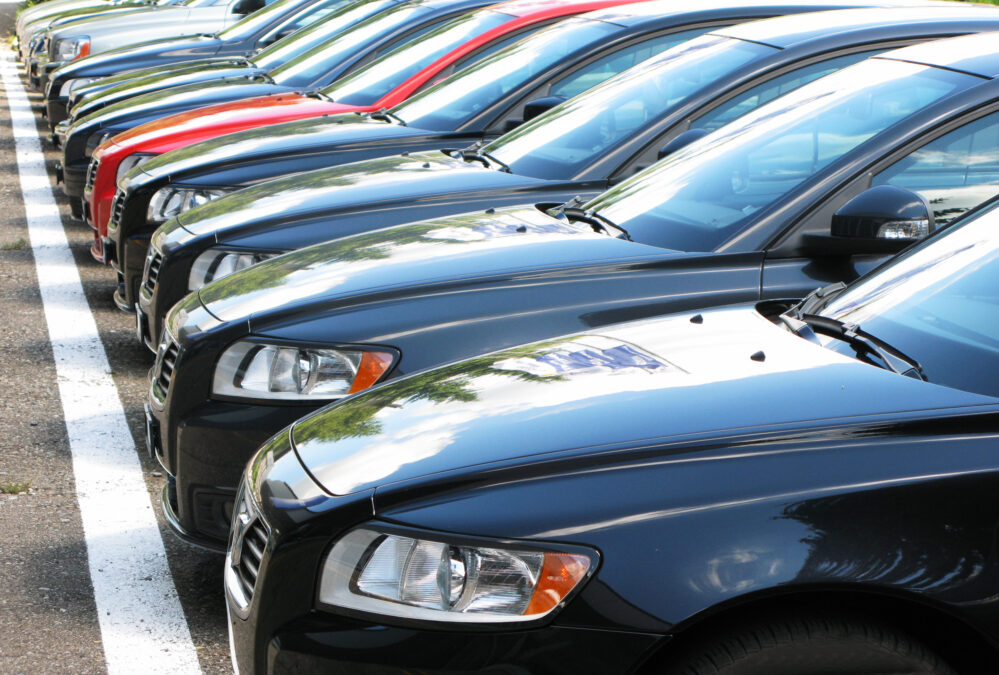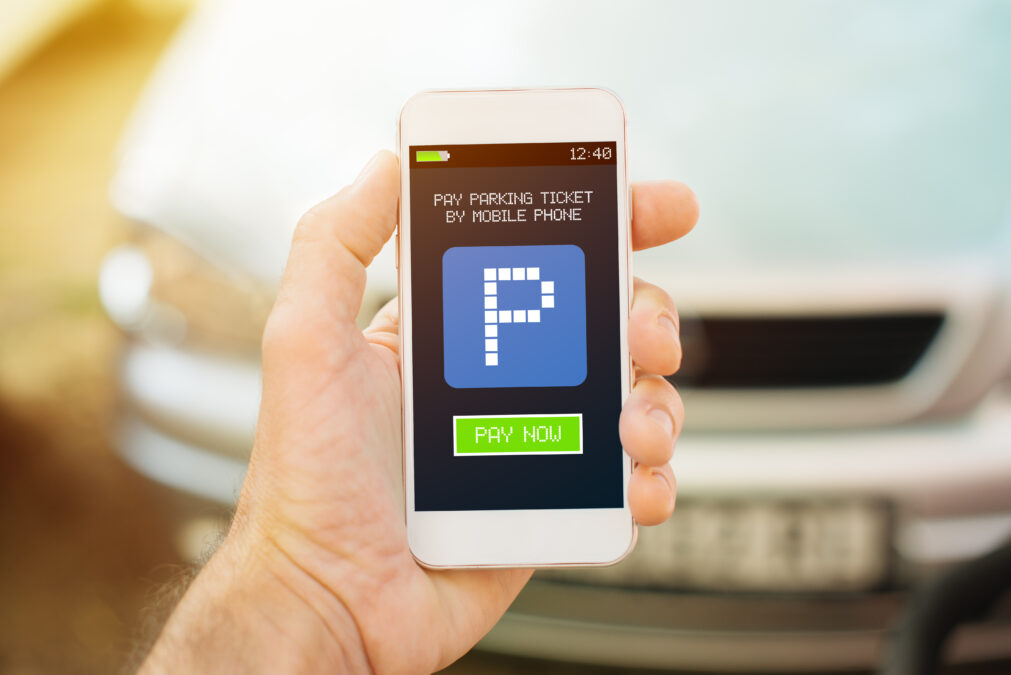An astounding amount of progress has been made in the automotive industry in recent years, with futuristic James Bond-style cars fast becoming a reality for everyday consumers. Thanks to rapid technological advances, drivers can now enjoy the benefits of connected cars, making getting from A to B much easier and enjoyable. While increased vehicle connectivity has certainly improved the driving experience, the connected car gathers, processes and generates vast amounts of data. Some commentators are predicting that autonomous cars will create up to 4,000 gigabytes (GB) of data per day – that’s over 1,400 terabytes (TB) of data per year. With roughly 38 million cars in the UK alone, that’s a mind-boggling amount of information. What tech systems are in place to meet these rising data demands? Big Data generated by connected vehicles promises to be extremely valuable, potentially providing insights into driver behaviour and vehicle health, therefore it has never been more important for businesses, in particular, car insurers, to establish how to collect, store and analyse this data safely in order to fully harness the world of opportunities presented by this tech revolution.
What is a connected car?
A connected car is a car that is equipped with internet access, allowing the car to share important information remotely. This comes in handy in a range of different situations, from monitoring tyre pressure, fuel levels and braking systems, to less essential but equally useful functions such as sat-nav systems, exterior cameras to aid parking, and geolocation systems to help track the car if it is stolen, or even if you’ve forgotten where you parked it in a multi-storey car park. There are clearly numerous advantages to connected vehicles, helping to improve the user experience by making driving a safer, less stressful, and more enjoyable process. Thanks to increased connectivity, we are one step closer to realising Chancellor Philip Hammond’s ambition of having driverless cars on the UK’s roads by 2021.
>See also: Who will win the race in the connected car revolution?
How connected cars are shaking up the motor insurance industry
The rise of connected cars could be welcome news for insurers, as additional data will allow underwriters to more accurately measure risk profiles, allowing them to better tailor insurance policies to individual drivers, also a win for customers. Increased car connectivity will also allow insurers to better detect insurance fraud (e.g. false whiplash claims), thanks to more sophisticated car sensors and data analysis systems. Data is valuable and generates insights into driver behaviour, which will help companies to better understand their customers. Connected vehicles of the future will revolutionise the way in which insurance premiums are calculated, and how underwriters assess the risk of vehicles. Whilst at the moment most insurance policies are largely issued based on the key attributes and risk profile of the driver (e.g. age and driving experience), it is highly likely that in the near future premiums will be calculated based on the characteristics of the vehicle itself including perhaps the software version of the vehicle components themselves.
Shifting liability
Ultimately liability in this connected world could then move from driver to vehicle, posing some challenging questions to automotive manufacturers, engineers, software designers and insurers. A recent well-publicised BMW software fault in which a Chinese security lab found 14 distinct flaws in BMW’s car computer systems, has brought the question of driver versus vehicle liability to the fore. Furthermore, over-the-air vehicle updates as conducted by Tesla will raise questions about software designer liability, if the vehicle were to be involved in an accident. Regardless of liability, one thing is for certain: thanks to connected cars, it is just a matter of time before car accidents will no longer have to be reported by drivers to their insurer. Instead, thanks to connected communication systems between vehicle and insurer, the insurer will have been made aware of the incident, as well as the likely extent of any damage, and may be able to process the insurance claim on the driver’s behalf. Sound far-fetched? The technology required to deliver that experience to the insured already exists.
>See also: Autonomous cars change the game for motor insurance
The challenges posed by the connected car
It is tempting to put the cart before the horse – when considering the endless opportunities associated with connected vehicles, we are in danger of reaching our destination before we’ve even packed up the car. The ABI recently warned of the dangers of manufacturers using the term ‘autonomous’ too loosely in marketing collateral, which is giving drivers the false impression of a level of autonomy not yet available. It is important to consider the complex information processing going on behind the scenes to get these vehicles on the road. There is a real danger that in the autonomous car race, manufacturers won’t establish the correct secure and scalable infrastructure to store and process these increased levels of data. Technical platforms need to scale efficiently and cost-effectively. It is inevitable that insurers will not be able to do this themselves simply by attempting to scale their legacy platforms. One method may be to invest in interoperable systems, that is systems designed to support bidirectional integration – both from a data and application perspective.
>See also: Who has the (cyber) key to the connected car of tomorrow?
There are many different views on how quickly fully autonomous cars will become mainstream on public roads in the UK, but what is certain is that they are coming. In order to ensure driver safety and improve the customer journey, businesses need to remain one step ahead of connected vehicles, by investing in data storage and processing infrastructure, and working with appropriate experts and partners, to fully harness the connected car revolution that is now firmly underway.
Sourced by John Davison, Chief Information Officer at First Central Group







